How a Labor cabal conspired to drag down NSW leader Jodi McKay
The demise of Jodi McKay has left some in the party wondering if NSW Labor is once again unelectable.
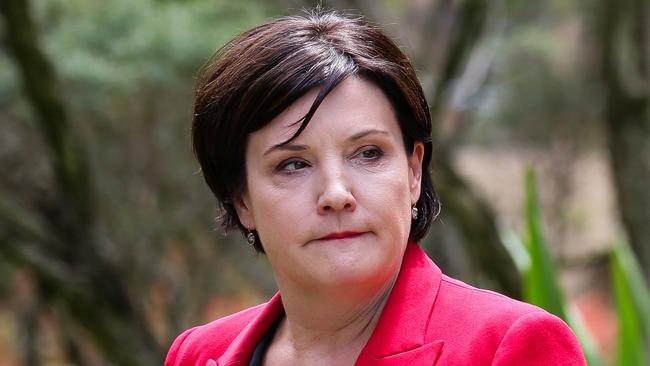
It is Sunday morning, the day after a crucial by-election in the NSW Upper Hunter, and Jodi McKay, leader of the NSW Labor Party, has decided to resign.
While Labor colleagues nurse hangovers in the mining town of Singleton, where they spent the night watching dismal results unfold from the Caledonian Hotel, McKay begins driving south for a meeting she has called with Labor’s general secretary, Bob Nanva.
They are joined by Mark Morey, secretary of Unions NSW, a negotiator in the intractable rifts that had formed between McKay and key party stakeholders.
For months, she has endured attacks on her leadership from a male-dominated clique of Labor MPs and two powerful trade union bosses intent on banishing her from power.
Nanva, who was aware of this conspiracy, had been asked by McKay to fix the problem but, according to multiple MPs and officials, had failed to address the matter.
White-anting of this kind was once common in NSW Labor politics but steps had been taken to ensure, under party rules, a leader’s role remained unassailable.
Events of recent days, however, have left some Labor MPs wondering whether the party has retreated to the polluted standards that once trashed its brand and left it unelectable.
“It’s back to the bad old days – that’s what it feels like,” said one Labor MP, a McKay supporter who declined to go on record because of potential recriminations once a new leader is appointed.
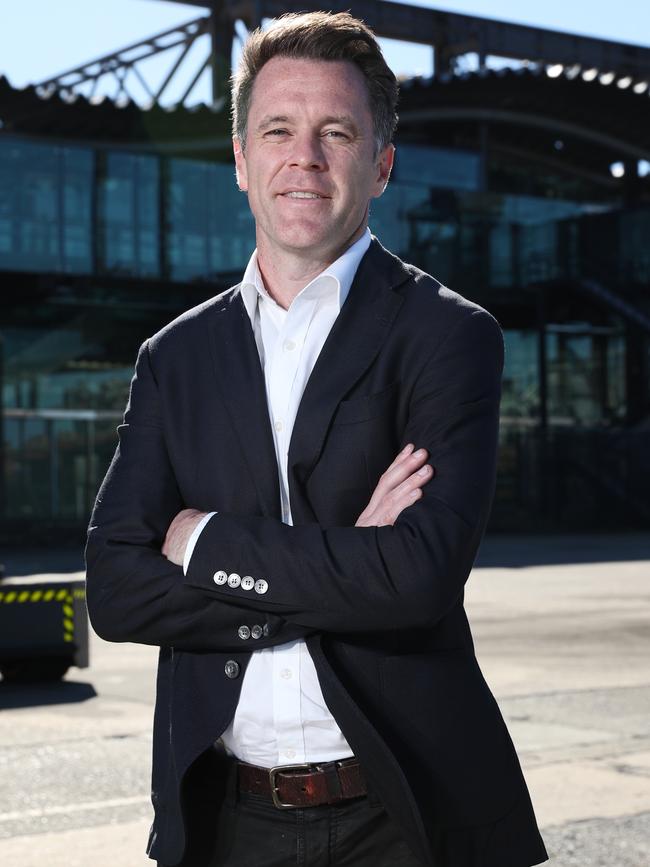
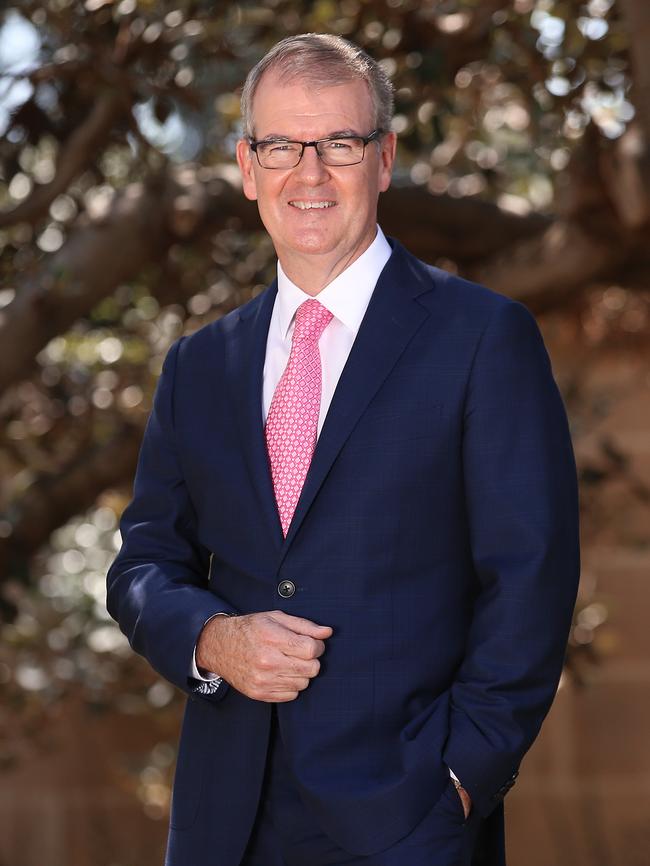
The exact words used by Nanva at his meeting with McKay remain hotly disputed, but uncontested is that she sought the meeting, intending to resign, and Nanva was disbelieving of the offer but saw grace in her decision.
From there, details get murky. Officials aligned with McKay say she was determined to ensure her successor would not be someone sourced from the treacherous forces that had worked to bring about her demise.
She suggested Ryan Park, Labor’s health spokesman, and Michael Daley, her immediate predecessor, as replacements.
Nanva, either at this meeting or in subsequent phone calls, is said to have opposed these options and, according to a person briefed on the discussions, made it clear, eventually, that he was leaning toward the only name McKay could not abide: Chris Minns, the Kogarah MP and alleged figurehead in the plot to remove her.
Nanva would not respond to questions but Morey disputed this account.
Minns said: “For the last two years I’ve been a hard-working member of the shadow cabinet until my resignation for reasons that were well ventilated last week”, referring to a dirt file circulated about him by Labor Party colleagues.
“My focus is on building a strong Labor Party and driving a positive agenda for the future of this state.”
McKay continued driving towards Sydney after the meeting, holding a press conference outside NSW parliament where she gave no indication of her intention to resign, or that her offer had been accepted.
Nanva had allegedly told her to wait before making any formal announcement.
As days ticked by and her suggestions for a replacement continued to be rejected, McKay called a second press conference to declare she would stay on as leader, if only to prevent Minns from taking her job.
That gambit, an attempt to stare down her opponents, ended with a tearful resignation live on television three days later — win or lose, McKay told friends the campaign against her would never stop.
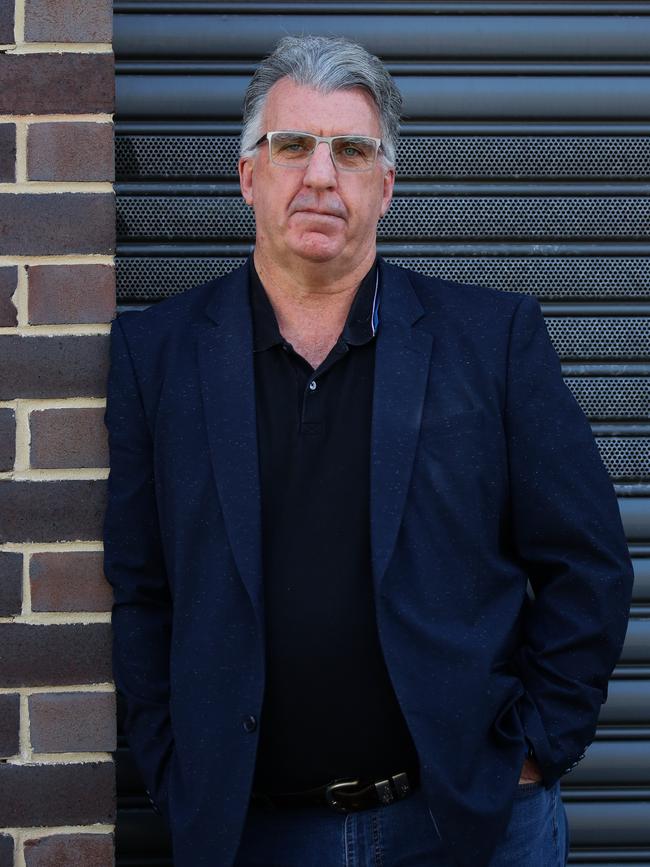
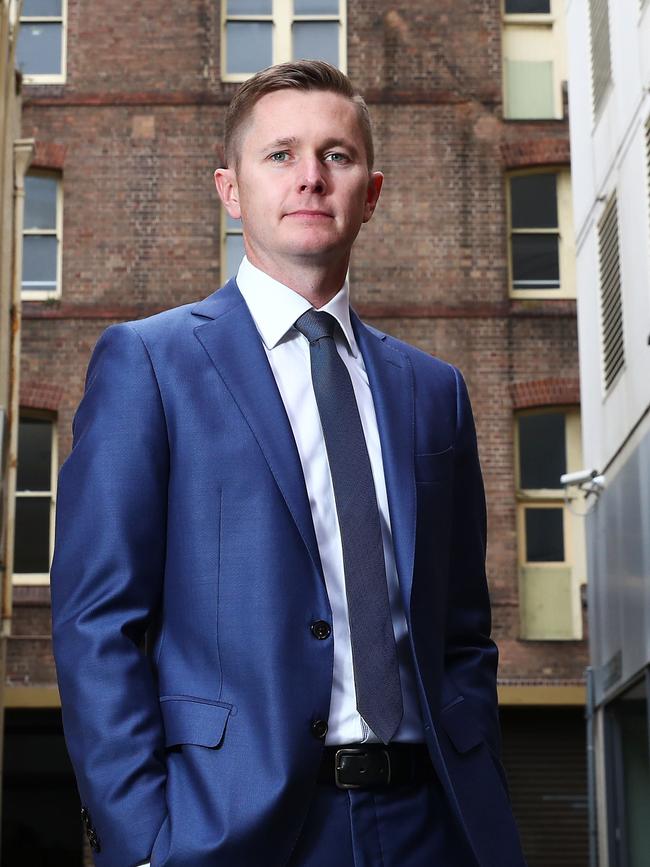
The fallout from this disaster has left the NSW Labor Party leaderless, rudderless and suffering from seismic levels of division and disagreement.
McKay’s supporters are furious that her time in power was persistently undermined through damaging leaks and destabilisation that went unaddressed and unpunished.
Her opponents are equally incensed: they say she refused to listen to advice, ostracised those who gave dissenting opinions and embarked on poorly executed political strategies that hurt the party and left marginal MPs distressed about their re-election hopes.
“She never accepted the people who voted against her into the fold,” said a senior Labor MP who did not vote for McKay during the 2019 ballot that saw her attain the leadership. “We all tried but she excluded people and kept seeing her leadership through the prism of those who voted for and against her.”
Within this climate of enmity and bitterness, MPs will on Friday line up behind rival candidates nominating as leader, one of two steps required to determine a replacement.
Both Minns and Daley have flagged their intentions to stand but others could conceivably apply for the role if they have the support of 15 colleagues.
Nominations close on Sunday and once a caucus vote takes place, will proceed to a rank-and-file ballot of thousands of party members, taking several weeks, possibly months, to conclude. At a time when the Berejiklian government is luxuriating in immense popularity because of its handling of the pandemic, the delay in finding a suitable leader is regarded by most Labor MPs as thoroughly damaging to the party’s brand.
For Minns, whose ambitions are grounded in a narrative of “positive and optimistic” politics, this tilt is tainted by claims he poisoned the well against McKay with the help of his supporters, allegations he denies.
This will mark his third attempt at the job. In 2018, he unsuccessfully ran against Daley, followed by a second unsuccessful attempt against McKay in 2019.
She secured the majority of the caucus vote and the rank-and-file ballot, ostensibly ensuring that her position, under the party’s rules, would remain inviolable.
Supporters say from the moment she swore in her shadow ministry, McKay was tormented by an ambient hum of disgruntled MPs inside parliament and a campaign of skulduggery by union officials on the outside plotting to undermine her leadership.
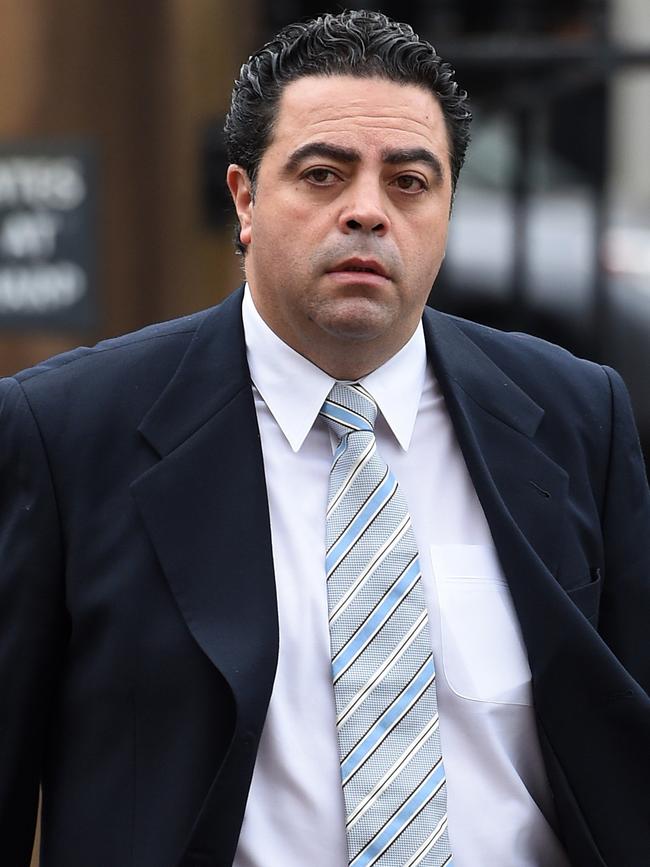
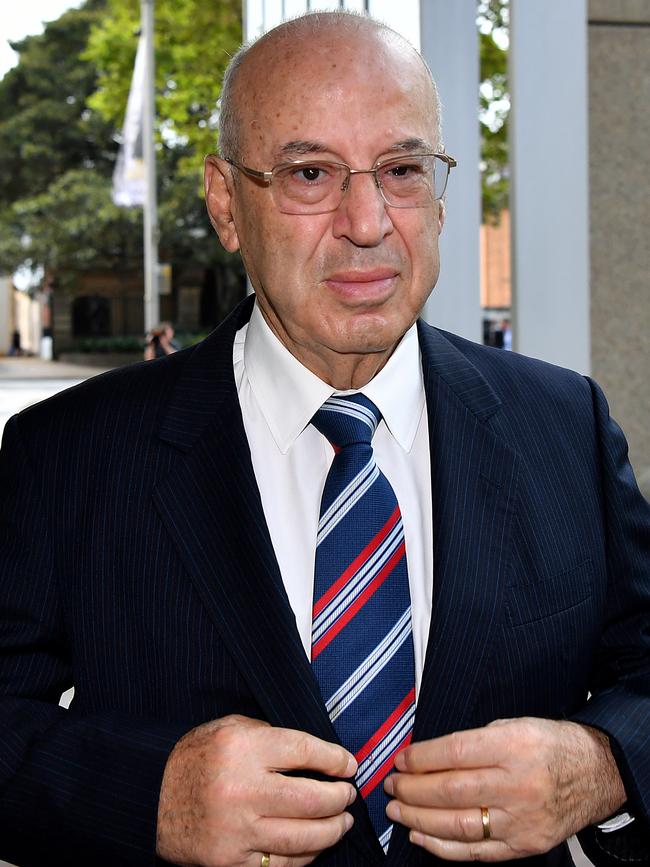
“Jodi was set up to fail by an ineffective head office and a union movement … aligned with foul forces in parliament,” said one senior Labor MP and McKay supporter. “She’s had all arms of Labor against her. The unfairness of it all, the injustice of it, has been sickening to see.”
These supporters identified Minns as her greatest opponent, along with a small but persistent base of allies. They say he was assisted by union figures such as Gerard Hayes, secretary of the Health Services Union, and Daniel Walton, Australian Workers Union national secretary.
It is no secret Hayes and McKay do not play well together. Not long after she was elected leader in 2019, he allegedly confronted one of her strongest allies, Port Stephens MP Kate Washington, at an NRL State of Origin event.
The encounter, allegedly an attack on Washington’s support for McKay, was described by one person as “aggressive and abusive”. Hayes disputes this, calling it a minor disagreement. Washington declined to comment.
Walton is regarded as another powerful McKay opponent and a close affiliate of Minns through associations established during the latter’s days as Labor assistant secretary.
It was during Minns’s time in Labor’s head office that the party experienced its ultimate humiliations through a landslide election loss and the rise of figureheads like Joe Tripodi and Eddie Obeid, disgraced political powerbrokers found corrupt by the Independent Commission Against Corruption.
The difference between now and then, McKay supporters say, is that Tripodi and Obeid exercised their control and influence from inside parliament. Their departure, said one senior Labor MP, left a power vacuum in the party that has seen control shifting away from Macquarie Street.
“They left and in walked Gerard Hayes and Daniel Walton,” the MP said.
Asked whether he commanded this level of power or influence, the kind able to topple a leader, Hayes said: “Rumour-mongering of this nature is precisely why Labor has struggled to be electorally competitive. It would be good if everyone could turn the page and focus on getting better wages, conditions and jobs for working people.” Walton did not respond to questions.
McKay’s leadership remained mostly intact until earlier this year when the first of several damaging leaks, designed to increase momentum for a spill, were disseminated to journalists.
In February, it was revealed McKay had written a cover letter for a Tamil refugee convicted of sexually assaulting a 13-year-old girl, generating days of unfavourable coverage, a pasting from commentators and calls outside the ALP for her resignation.
Weeks later, internal polling conducted by the HSU and AWU revealed Labor faced electoral annihilation under McKay’s leadership, with the party clinging to a primary vote of 23.9 per cent, its worst result in 120 years.
McKay described the release of the polling as deliberate and “straight out of the Eddie Obeid and Joe Tripodi playbook”, referring to the actions of Hayes and Walton.
A truce was brokered between Walton and McKay in a carefully worded press statement, but efforts to do the same with Hayes were unsuccessful.


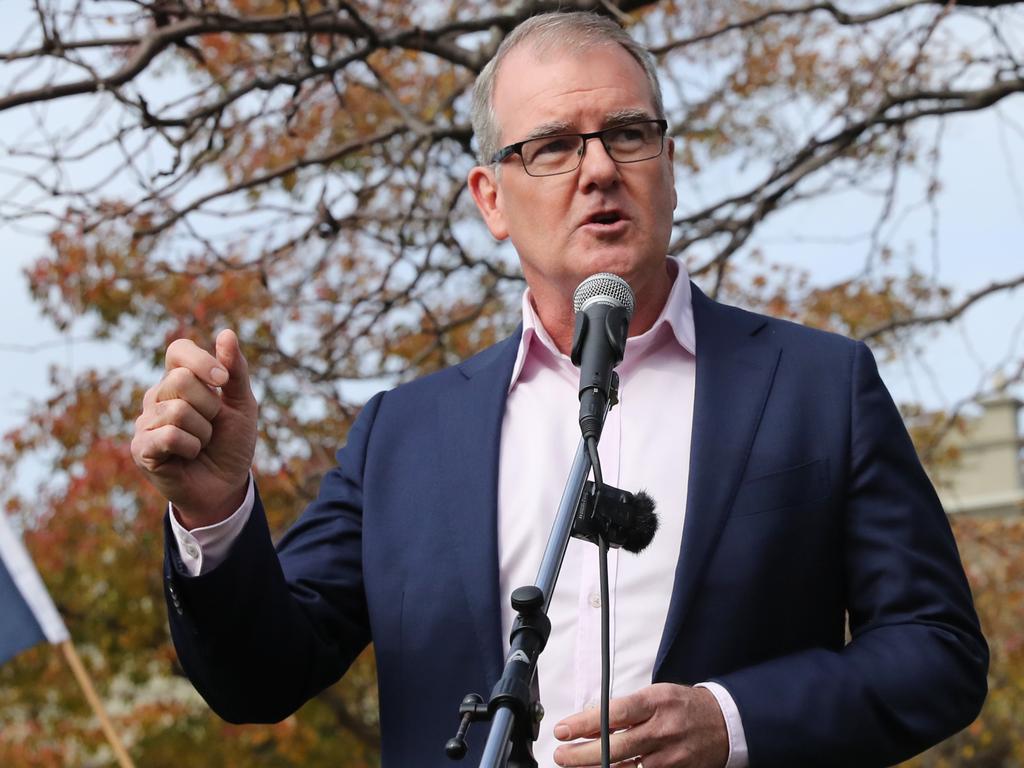
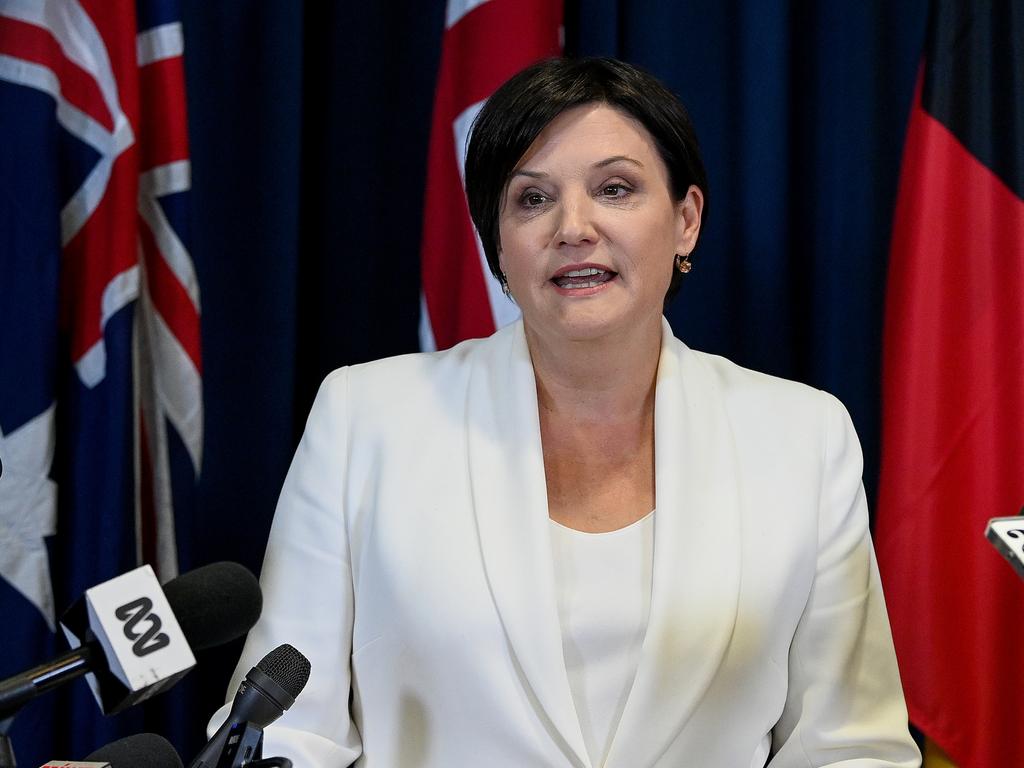
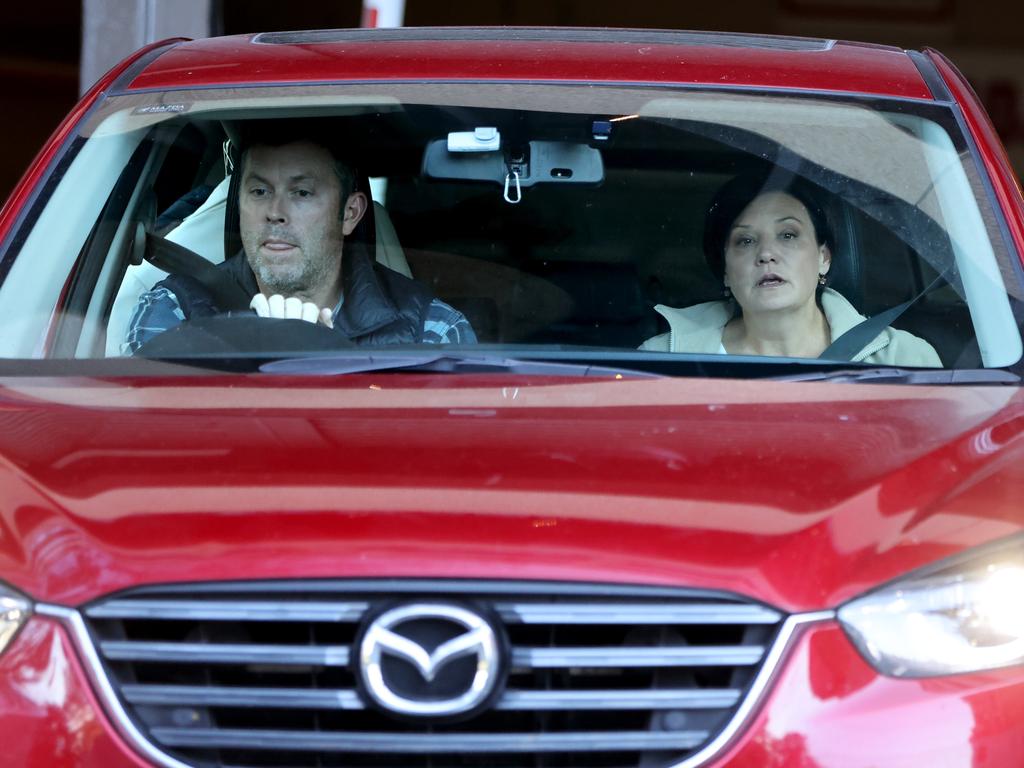

To join the conversation, please log in. Don't have an account? Register
Join the conversation, you are commenting as Logout